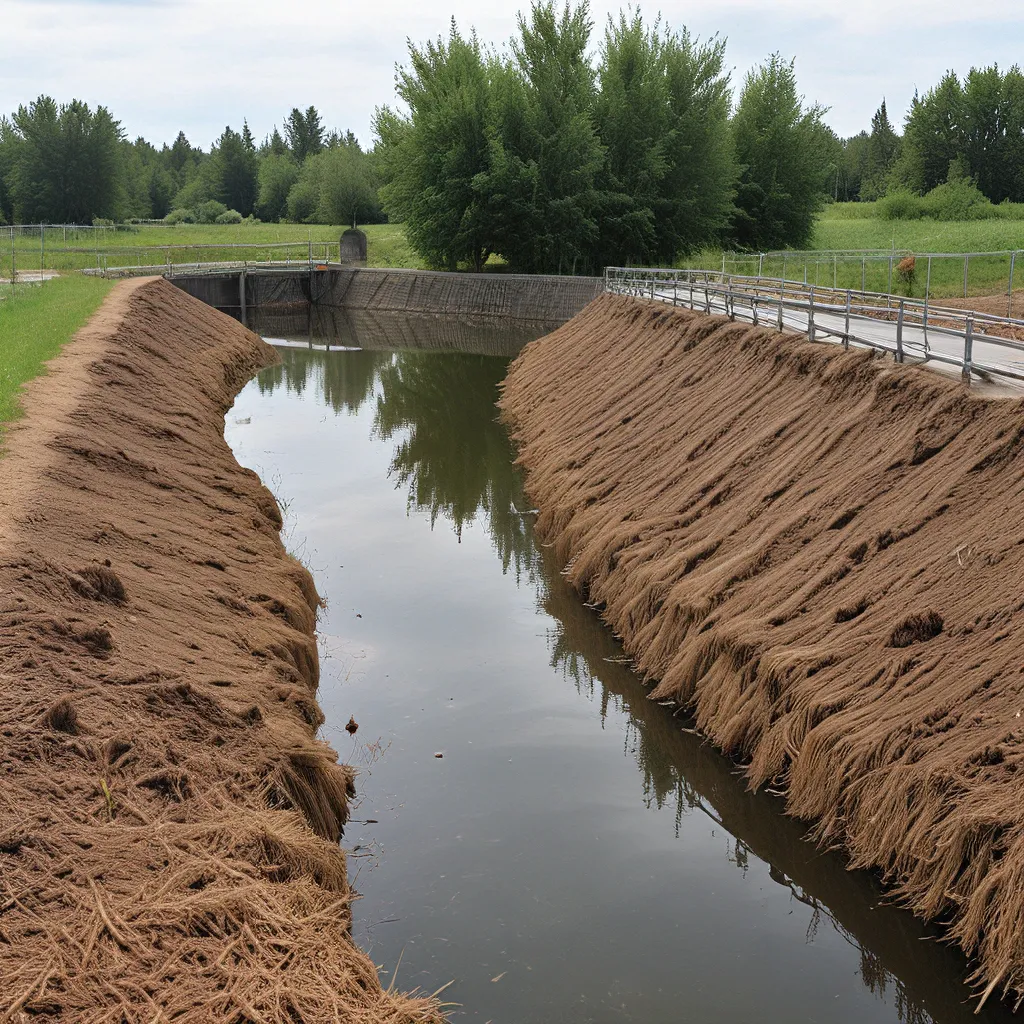
Unlocking the Potential of Wastewater: A Paradigm Shift
As a sustainability enthusiast, I’ve always been fascinated by the concept of the bioeconomy – the notion of harnessing biological resources to create valuable products and fuels. And when it comes to the bioeconomy, one area that holds immense promise is the treatment and valorization of wastewater.
Think about it – every day, we produce massive amounts of wastewater, a byproduct of our modern lives. This wastewater isn’t just a burden; it’s a treasure trove of untapped resources. From organic matter to valuable nutrients and even energy, wastewater has the potential to be a boon for the environment and the economy.
Transforming Wastewater into Valuable Resources
Traditionally, wastewater treatment has been seen as a necessary evil – a process to remove contaminants and make the water safe for discharge. But what if we could take it a step further and transform this waste stream into a valuable resource?
That’s where the concept of wastewater valorization comes into play. By extracting and repurposing the organic matter and nutrients present in wastewater, we can create a circular economy where waste becomes a valuable commodity.
For example, did you know that wastewater can be a rich source of biofuels? Through processes like anaerobic digestion, the organic matter in wastewater can be converted into biogas, which can then be used to generate electricity or even fuel vehicles. It’s a win-win-win for the environment, the economy, and our energy needs.
But that’s not all – wastewater can also be a goldmine of nutrients. The nitrogen, phosphorus, and other minerals present in wastewater can be recovered and used as fertilizers, helping to close the nutrient loop and reduce our reliance on synthetic, energy-intensive fertilizers.
Embracing the Bioeconomy: Opportunities and Challenges
As we delve deeper into the bioeconomy, the opportunities presented by wastewater valorization become increasingly clear. Not only can we reduce our environmental footprint by diverting waste from landfills and waterways, but we can also create new revenue streams and foster sustainable development.
Think about it – by recovering valuable resources from wastewater, we can offset the costs of wastewater treatment, making it a more economically viable proposition. This, in turn, can incentivize investment in advanced wastewater treatment technologies and accelerate the transition to a more circular economy**.
Of course, like any transformative shift, the valorization of wastewater is not without its challenges. Scaling up these technologies and overcoming technical hurdles can require significant investment and expertise. There are also regulatory and policy considerations to navigate, as well as the need to address potential social and environmental impacts.
Embracing the Future of Wastewater Treatment
As I delve deeper into this topic, I’m convinced that the future of wastewater treatment lies in the bioeconomy. By valorizing organic waste streams, we can not only mitigate the environmental impact of wastewater, but also create new economic opportunities and drive sustainable development.
Of course, this is an evolving landscape, and there’s still much work to be done. But I’m excited to see what the future holds and how the wastewater treatment industry will continue to innovate and adapt to meet the challenges of the 21st century.
Perhaps you’re curious about how your own organization can get involved in this bioeconomy revolution. If so, I’d encourage you to explore the services offered by Alpha Wastewater – a leader in the field of sustainable wastewater management. They’re at the forefront of innovative wastewater treatment technologies and circular economy solutions, and they’d be more than happy to chat with you about how you can capitalize on the potential of your wastewater.
So what are you waiting for? Let’s dive in and unlock the power of the bioeconomy together!